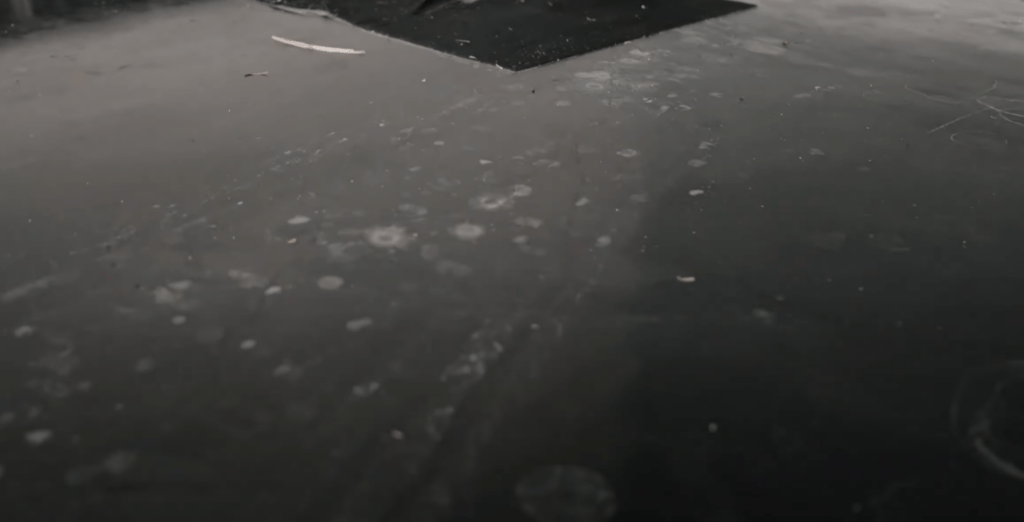Your residential & commercial polyaspartic/Polyurea floor coating leader in Tennessee, Georgia & Florida.
Get a Free QuoteConsidering what floor coating to put over the concrete in your garage? There are many options to choose from, but epoxy floors and polyaspartic are two of the most popular choices.
Epoxy Floor Coatings
Epoxy floor coatings are made with a resin-like material that covers and seals concrete. It’s a cost-effective solution which is why many people opt for it. However, with cost-effective materials and installation, you get what you pay for. It may be cheaper at first, but you’ll most likely end up paying more for the cost of repairs over time.
Depending on the type of concrete used in your garage, you may not even be eligible for epoxy floor coating. An epoxy coating will only adhere to concrete profiles that are either CSP1 or CSP2. If you don’t have either of these concrete profiles and you try to lay down an epoxy coating, it will not cure properly and you’ll be left with a gooey mess.

Because epoxy floor coatings are made using resin, they are vulnerable to UV damage. When exposed to UV light from sunlight it can cause the epoxy to yellow and break down over time. This will leave you with yellow, warped, or peeling floors that are unsightly and will require maintenance. This can lead to spending more money on repairs the longer you have your epoxy floors.
Epoxy floors are liquid and stain resistant, which makes them easy to clean. However, there are certain cleaners you shouldn’t use on your epoxy floors because they’ll cause the components in the floor to break down. Use cleaners without bleach, citric acid, or vinegar to avoid this. If you want shiny floors, stay away from soaps that leave a residue behind that dulls the floor.
Epoxy can take several days to fully cure. This can leave you without a garage space in the meantime, which may become a hassle. The epoxy is also not great for areas with fluctuating temperatures. Epoxy is also made of materials that will release volatile organic compounds (VOCs) into the air as it cures. Not only can it be bad for the environment but also your health.

Polyaspartic Coating
Polyaspartic is a type of polyurea. The full name is polyaspartic aliphatic polyurea. It’s made of two components: resin and aliphatic isocyanate. The difference between polyaspartic and polyurea is that polyurea is made with aromatic isocyanate instead of aliphatic. The advantage of this is that polyaspartic coatings are more durable and very strong. Aliphatic isocyanate and resin are mixed to create a material that is highly elastic and UV resistant. This UV resistance makes it so it won’t yellow or have polymer breakdown over time due to sun exposure.
Polyaspartic coating can be used in more climates because of its elasticity. It won’t break or warp when expanding and shrinking. It also cures much faster than epoxy or urethane coating. However, polyaspartic is more expensive (about 20% more) than floor coating options like epoxy.
Between polyaspartic coating and epoxy coatings, polyaspartic is the better choice. But, let us introduce you to Titan Flooring Applications.
Titan’s Revolutionary System
Titan Flooring is committed to providing durable floors that won’t crack or warp over time. We use a mixture of polyurea and polyaspartic materials for our product. Our mix is foolproof. In 24 hours, your Titan floors will be fully cured and usable—you can even park your car on them.
Our flooring lasts much longer than simple epoxy or polyaspartic. We guarantee your Titan Floors will last a lifetime without cracking or warping. That’s why we offer a lifetime warranty that transfers even if the homeownership does. Call today for a quote!